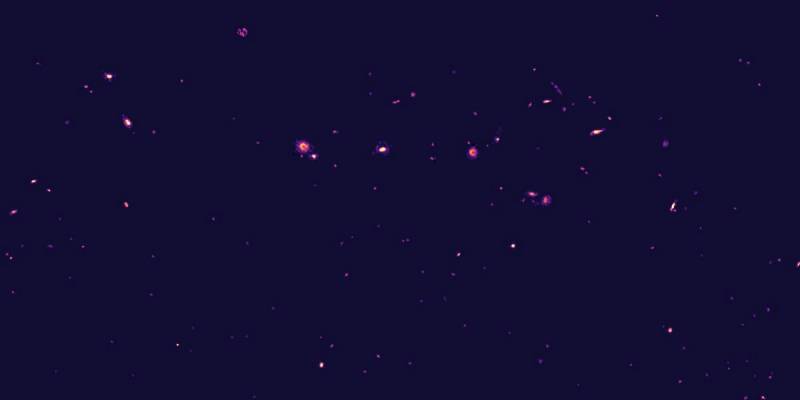Higher Degree by Research Application Portal
| Title | The HI mass function of galaxies and its variation with environment |
|---|---|
| Supervisor | Dr Tobias Westmeier |
| Course | Doctor of Philosophy |
| Keywords | astronomy |
| radio astronomy | |
| galaxies | |
| Research area | Physical Sciences |
| Project description | Being the most abundant chemical element in the Universe, hydrogen plays a fundamental role in the evolution of galaxies as the fuel for star formation. One way of mapping the distribution of hydrogen gas in the Universe is through observations of the 21-cm fine-structure line of neutral, atomic hydrogen (HI) using radio telescopes such as the recently completed Australian Square Kilometre Array Pathfinder (ASKAP) in Western Australia. This allows us to determine the amount of neutral hydrogen gas in galaxies and hence the total amount of HI in the local Universe, usually characterised by the space density of neutral hydrogen, ΩHI. The WALLABY all-sky HI survey which is currently being carried out with ASKAP is expected to map the HI content of approximately 200,000 galaxies across a large part of the southern sky over the next few years. This unprecedented sample will enable detailed measurements of the amount of HI in the nearby Universe out to a redshift of z ≲ 0.1, by measuring the so-called HI mass function, the space density of galaxies per HI mass interval. The HI mass function typically has the form of a power-law with an exponential drop at the high-mass end. Earlier results indicated that both the power-law exponent and exponential turn-over point of the HI mass function may vary with environment. The aim of this project is to make use of the unprecedented sample size of WALLABY to carry out detailed studies of how the HI mass function varies with environment (e.g. cluster galaxies vs. field galaxies) and how this affects the evolution of galaxies. |
| Opportunity status | Open |
| School | Graduate Research School |
| Contact | Tobias Westmeier (tobias.westmeier@uwa.edu.au) International Centre for Radio Astronomy Research (ICRAR) |
| Additional information |
|
| Course type | Doctorates |
| Description | The Doctor of Philosophy (PhD) is a program of independent, supervised research that is assessed solely on the basis of a thesis, sometimes including a creative work component, that is examined externally. The work presented for a PhD must be a substantial and original contribution to scholarship, demonstrating mastery of the subject of interest as well as an advance in that field of knowledge. Visit the course webpage for full details of this course including admission requirements, course rules and the relevant CRICOS code/s. |
| Duration | 4 years |
Guidance
